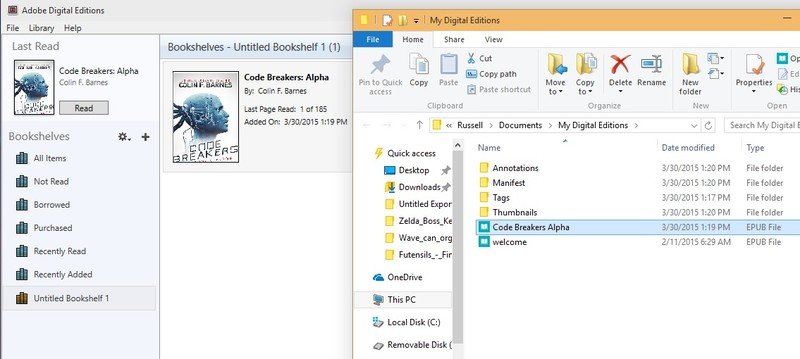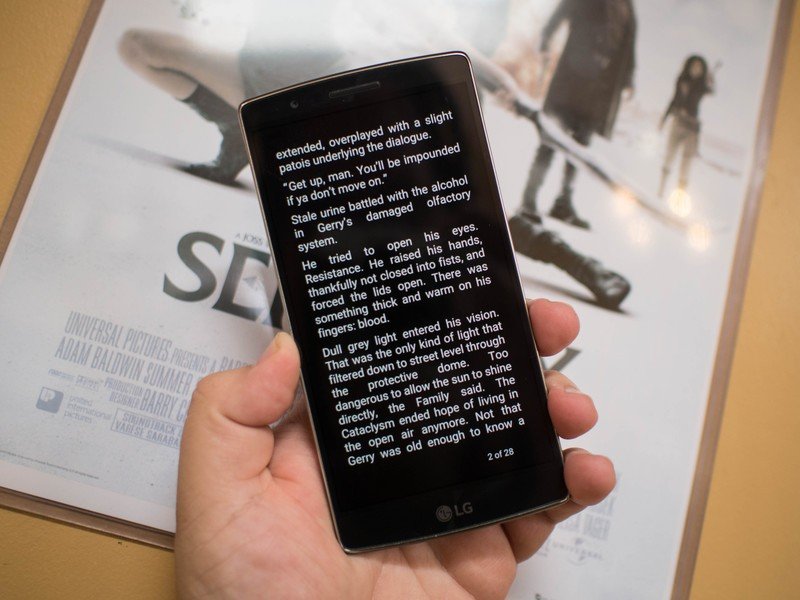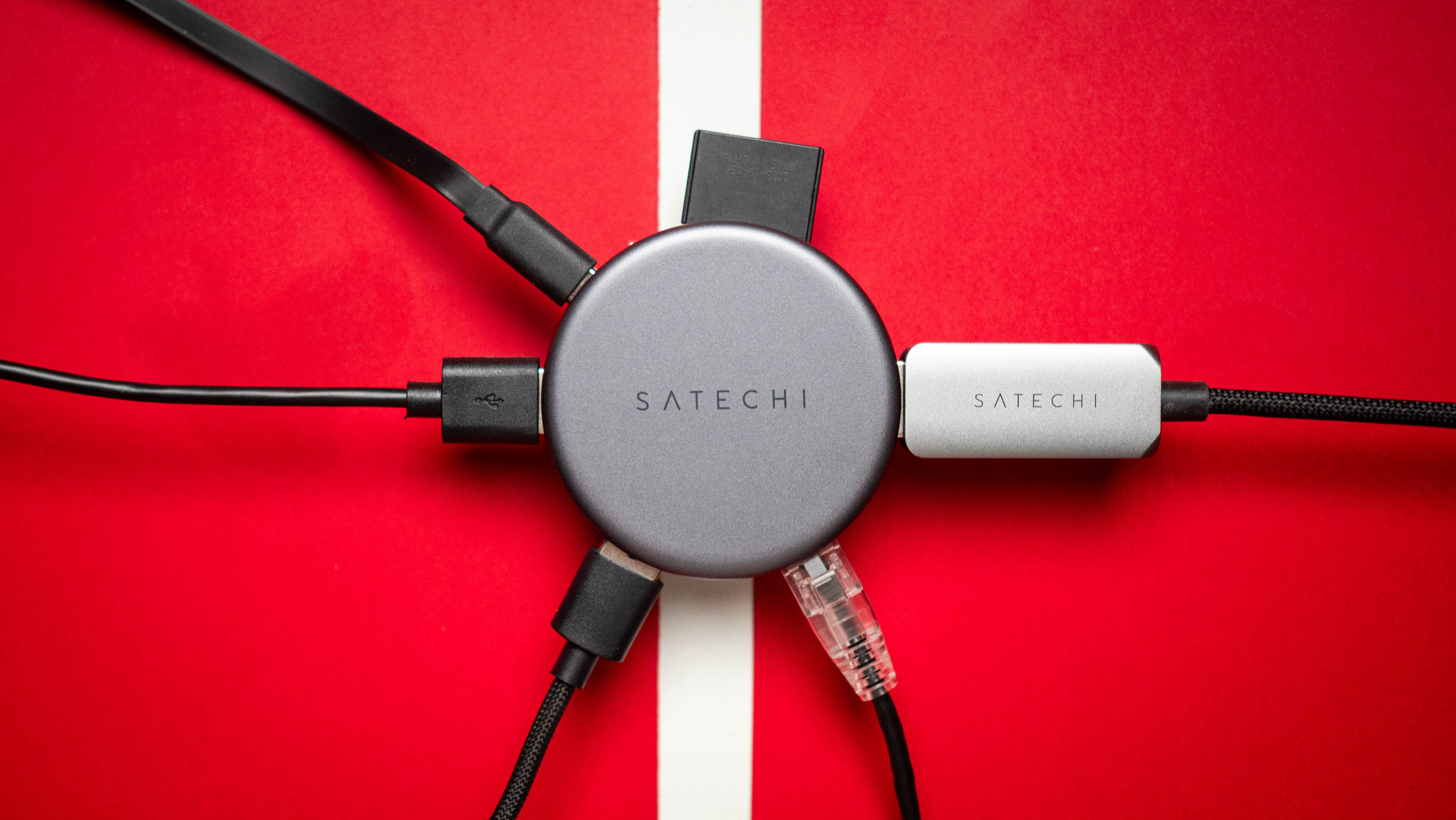Using Kobo Books for your reading fix

There are plenty of examples of ebook stores out there that exist as a part of a larger machine, but not nearly as many ebook stores that exist to just be really good ebook stores as there probably should be. Kobo is at the top of an unfortunately short list of companies that focus intently on delivering a top notch ebook platform, including a store, apps, and standalone devices for consuming ebooks.
While the Kobo ereaders and tablets are perfectly capable standing on their own and delivering enjoyable experiences, the Kobo app exists for everyone who wants their books to exist wherever they are. Whether this is your first time giving Kobo a serious look or you're already embedded in their platform, the app is well worth your time.

Doing DRM Less Wrong
In a perfect work, DRM wouldn't exist — both because it wouldn't have to and because authors and publishers would realize the inherent futility involved in what is basically an empty gesture in 2015. Since most major publishers flat out demand DRM and you can't have a competitive ebook store without those major publishers, the folks at Kobo offer a compromise through Adobe Digital Editions. When you buy a book from Kobo and download it to your computer, you get an ASCM file. This file is essentially your book combined with a license to read the book, but when you open this file in Adobe Digital Editions you're able to extract the regular ePub or PDF file you need.
While this extra step in getting your content is a little annoying if you decide to move from one ecosystem to another, knowing that Kobo includes these instructions on their website and directly encourages this behavior is a hugely positive step in the right direction. Being able to effortlessly upload and download ePub files to your reader app should be considered table stakes, but when you bake the retail portion of the experience into your reader app, this is the closest you're going to get to effortless.

Reading all of the books
As entertainment sources go, Kobo Books works hard to put the retail and reading portions of their platform in the same app without having one negatively impact the other. The landing page for the app is a welcomed departure from the weird bookshelf UI we see with most other apps, and you can sort by book, magazine, or just dive in and go shopping if you prefer. Outside of this main page, the app features a lot of large blocks that make the app feel like it was built for older versions of Android and then never updates. This isn't a huge shock, since their reader platform is built on Android, but the experience is a little out of place on Android 5.0.
Kobo's Android app looks a little on the dated side, but those giant menus contain all of the features that make a decent ebook reader. Color and font controls operate exactly as you'd expect, and the ability to sync what you've read across the Kobo ecosystem is expected at this point, but the advanced settings for this reader includes a lot of interesting options. Kobo Books includes page turning through your volume keys, the ability underline key terms and show public comments other reader have left in line, and an app-specific orientation control that lets you keep the app in portrait or landscape even if the rest of the OS is set to rotate automatically, which is a big deal to anyone who lays on the couch for hours with a good book.
The "Beyond the Book" section baked into the Kobo app takes whatever book you are reading and moves it to a community level. You can see how many people using Kobo have finished the book you are reading, as well as what public notes have been left throughout the book. It's an interesting social layer that plays into the Facebook integration the app offers in the account creation process, and not something you find anywhere else. While it's unique, it's also out of the way, so you can use it or avoid it at your leisure.
Get the latest news from Android Central, your trusted companion in the world of Android

No strings attached
The most important part of the Kobo experience is the freedom with which you can use it. The app isn't baked into your smartphone, it doesn't use a proprietary format in an attempt to keep you locked into an ecosystem, and the prices are competitive with the rest of the industry. It's not the most popular ebook platform out there, but it's the one that is easiest to love from the ground up. There's something to be said for doing things right because that's what your audience wants, and that's the biggest thing Kobo has going for it right now.

